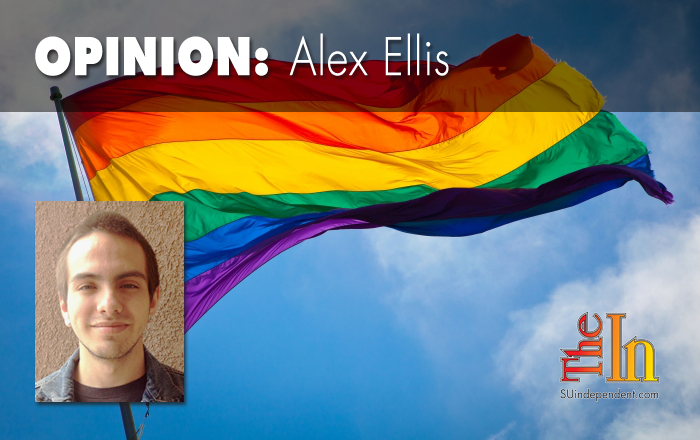
Written by Alex Ellis
When the Supreme Court recently granted Utah a stay on recognizing same-sex marriages performed in the state in December and an appeal for their lawsuit, many LGBT activists saw this as a defeat. If the Supreme Court isn’t willing to stand up for equal rights, then who is?
Although it seems likely that the justices will come out in favor of equality if the case comes to them, they have so far seemed reluctant to do so. While refusing to hear the case concerning Proposition 8 may have enabled same-sex marriage to be legal in California, it also made the justices unable to make a ruling and settle all the legal battles in each state that is fighting equality at once. It is likely that because same-sex marriage is such a controversial issue, the judges wish to act with caution and not directly intervene. In 1954, the justices had similar concerns during the case of Brown v Board of Education, but as we all know they came out in favor of equality in that landmark case. Just as the “separate but equal” sentiment of the time was proven to not be so equal, the “separate but equal” status concerning same-sex couples compared to straight couples is just as morally wrong.
If Utah truly wanted marriage to be decided state-by-state, they would have accepted their defeat when Amendment 3 was first struck down. Instead, by pursuing the long and expensive process of appeal after appeal, they are heading down a road which will lead to a conclusion they may not like. When the appeals court once again rules against the state, and the state leadership takes the case to the highest court of the land, Gov. Herbert and Attorney General Sean Reyes will be the ironic champions of same-sex marriage across the country.
Thus, activists dismayed by the court’s decision should instead rejoice; while it may be a temporary setback for marriage equality in Utah, it may possibly be the fast-track to equality for the entire United States.




